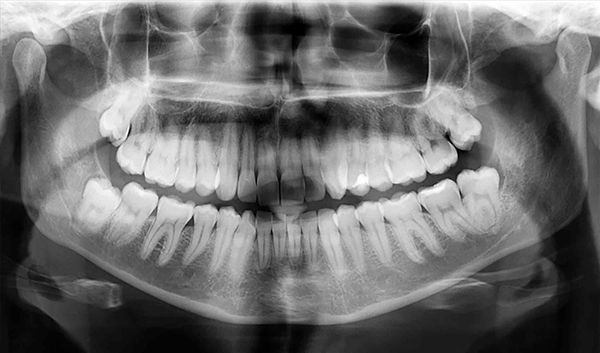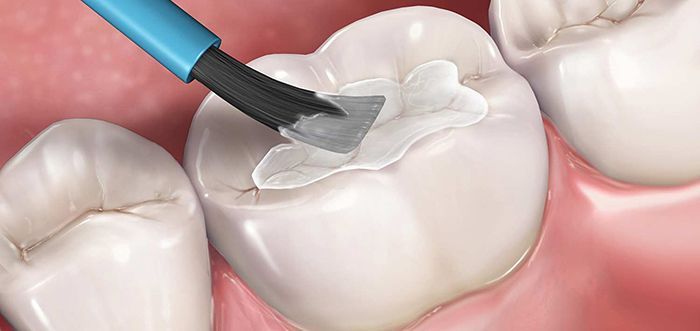Family Dentistry
Family DENTISTRY IN ALEXANDRIA, VA
Family dentistry is a dental specialty focused on the prevention, diagnosis, and treatment of oral health problems in children. Pediatric dentists have specific training that qualifies them to provide care for children’s teeth and gums as they change throughout childhood. We provide comprehensive care, from preventative treatment like cleanings and sealants to treatment for oral disease and injuries. We'll also counsel patients of all ages about important nutritional and hygienic habits.
Book an appointment today with your trusted Duke St dentist, offering comprehensive care for the entire family, including specialized Duke St pediatric dentistry services for your little ones!
Routine Exams & CLEANINGs
At Blessed Smiles Dentistry, we believe that a healthy mouth sets the tone for a healthy body, which is why we emphasize the importance of regular dental check-ups and cleanings. Whether you’re looking for a dentist in Alexandria, VA, or searching for dentists in Alexandria, regular visits help remove built-up plaque and strengthen your teeth’s defense against decay, followed by a thorough oral examination. We also strive to include your input during the process, so we can address any specific concerns you may have.
Preventative care is the foundation of dentistry. The ADA recommends visiting your dentist in Alexandria, Virginia, regularly twice yearly for full cleanings, exams, and consultations for potential treatment. Professional dental cleanings help remove built-up plaque that is not removable using conventional brushing and flossing. Often, a dentist in Alexandria can identify potential problems that patients are not yet able to see or feel. When you maintain regular preventative dental appointments, you can stave off decay and gum disease, as well as identify the beginnings of oral health problems before they become severe.
DENTAL X-RAYS
One of the most important tools a dentist has are dental x-rays. These allow for the early diagnosis of potential threats to your oral health, stopping small problems before they become big conditions. Our state-of-the-art imaging technology allow us to take the highest quality photos possible, revealing the smallest traces of decay, bone loss, or problems inside or around the tooth, all to ensure you receive the most comprehensive dental treatment you need.
DENTAL SEALANTS
Dental sealants are a preventive dental treatment used primarily in children and teenagers, though they can also be beneficial for adults in certain circumstances. Dentists in Alexandria, including those at various dental practices in Alexandria, VA, often recommend sealants for their patients. These thin, plastic coatings are painted onto the chewing surfaces of the back teeth (molars and premolars) where tooth decay most often occurs. This is because these teeth have deep grooves and fissures that can be difficult to clean, even with regular brushing. The sealant quickly bonds into these depressions and grooves, forming a protective shield over the enamel of each tooth. By sealing the grooves, dentists can effectively keep out plaque and food, reducing the risk of decay. While not a substitute for good oral hygiene habits, dental sealants can provide an additional line of defense against cavities, especially for those at higher risk of tooth decay.




